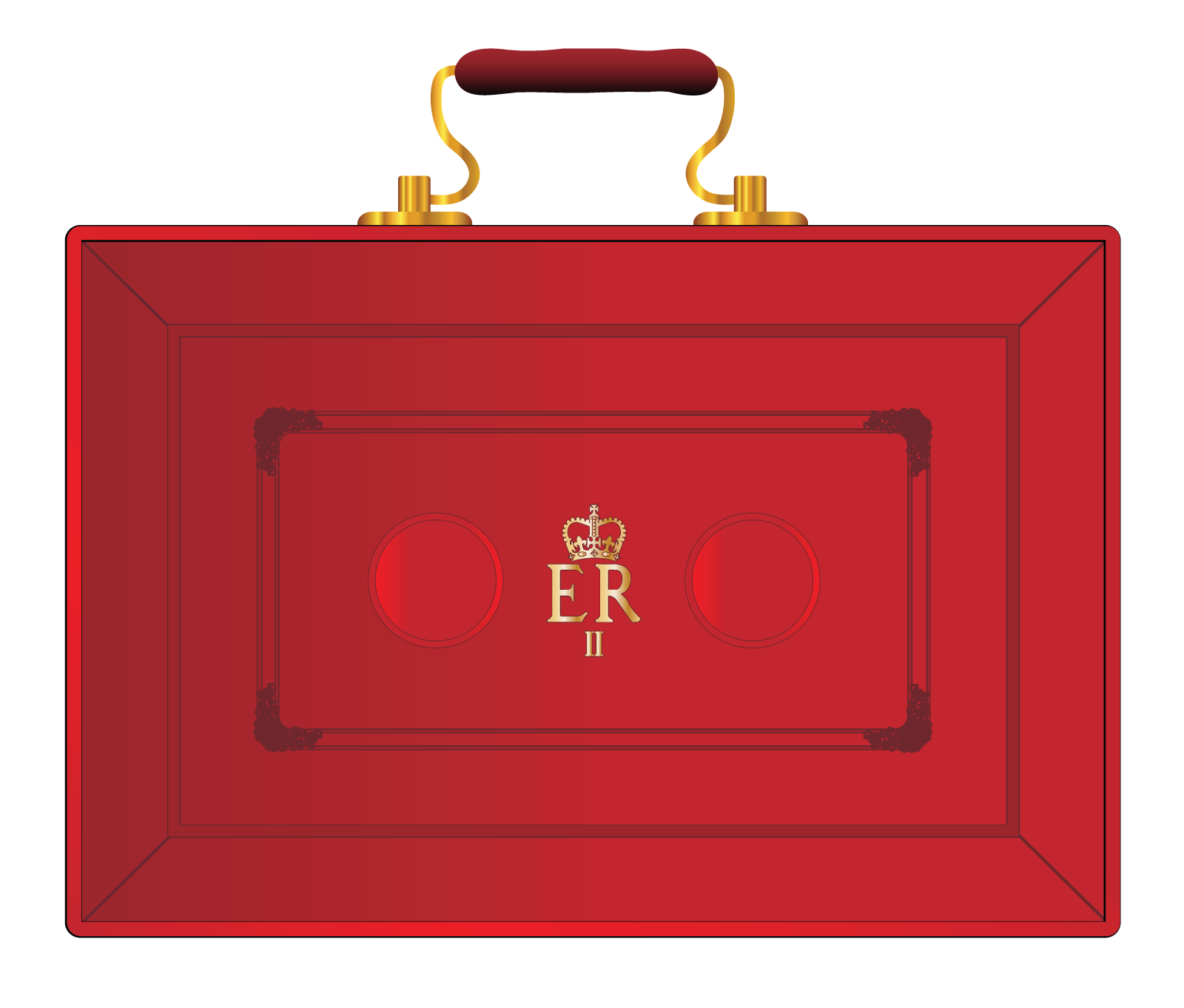On 8 July 2015 the Chancellor (George Osborne) took to Parliament to announce the Conservative budget plans for the next 5 years… but what do the announcements mean to you as a small business owner?
1) Corporation Tax Reduction
Corporation tax is the tax paid on limited company profits. The current rate of UK corporation tax is 20%. This is due to be cut to 19% in 2017, and then to 18% in 2020. Great news for small business owners!
2) Increase in Annual Investment Allowance (AIA)
Annual investment allowance enables small and medium sized companies to claim full corporation tax relief on items of plant and machinery in the year of purchase, as opposed to claiming the relief over a number of years in line with capital allowance rules.
The current AIA limit is £500,000 however this was only ever a temporary measure up until 1 January 2016 when the limit was due to drop dramatically to £25,000. In a bid to encourage business owners to invest in better equipment George Osborne announced that the AIA limited is going to be permanently fixed at £200,000 from 1 January 2016. Good news for businesses that are looking to invest in the near future!
3) Changes to Dividend Tax
As a small business owner you will be used to the term “dividends”. Dividends represent the amount of profits remaining in the company once corporation tax has been accounted for (aka your “distributable reserves”).
The most tax efficient way to run the majority of small businesses is to pay yourself a minimal salary, and then top-up your income with dividends. Since dividends are currently assumed to be net of a 10% tax credit, there is no further income tax to pay on dividends received until you hit the higher rate threshold, at which point the effective rate of tax is only 25%.
Under the new rules announced by Mr Osborne in the Summer Budget 2015, the 10% tax credit will be scrapped to make way for a less complicated system. The first £5,000 of dividend income received by any individual will remain tax free, however once you pass this threshold you will be liable to income tax at a rate of 7.5% for basic rate tax payers, and then 32.5% for higher rate tax payers.
We will fully illustrate how this will affect your tax bill in our next post, so keep an eye out for it!
4) Reduction in Threshold for Employers National Insurance
Good news if you are an employer. The current threshold for employer national insurance liabilities is £2,000. As of April 2016 this will increase to £3,000.
Photo credit: https://www.flickr.com/photos/chingster23/



